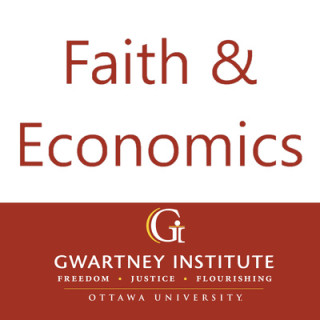

The Supreme Court of the United States has been active in releasing its rulings, and our team wants to look into these cases. With a deep look into the overarching philosophy of these decisions, the Gwartney team jumps into abortion, freedom of religion, and 2nd amendment cases. Join us in a riveting conversation about the current political landscape.
Timeline:
Modern Conservative Philosophy / 6:00
Dissolves Federalism? / 10:45
Religious Liberty / 18:00
Decrease in Waste / 22:00
Public Reaction to Dobb / 26:35
On the Margin / 31:40
Corey DeAngelist for research on school choice